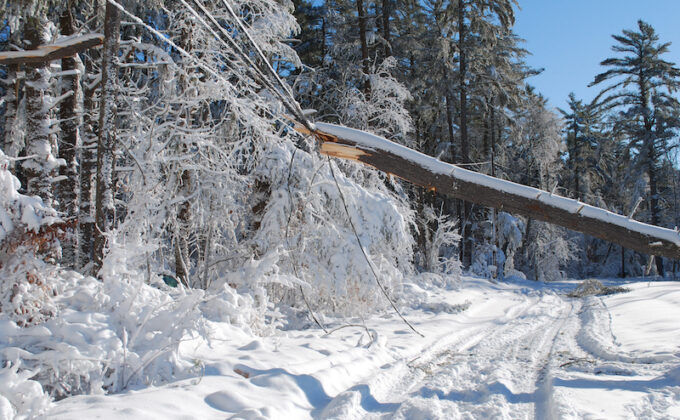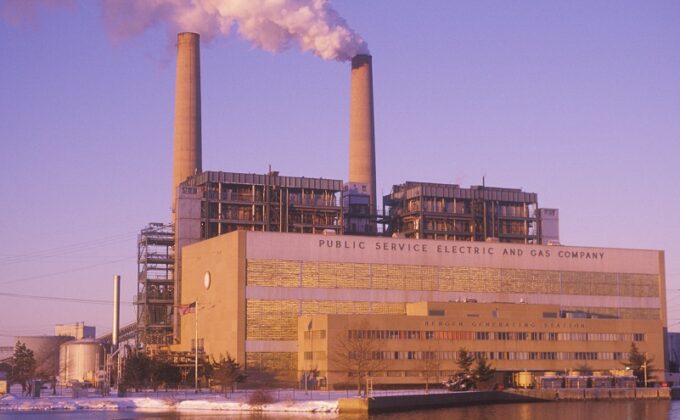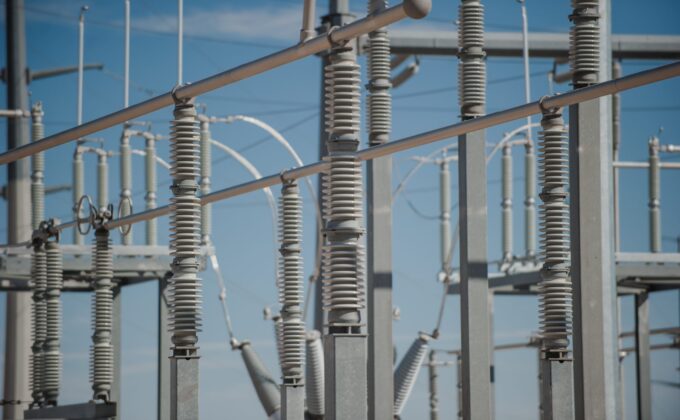
Blog
Incisive commentary from RAP experts
RAP experts keep their finger on the pulse of the energy sector and provide timely analysis of topics impacting stakeholders TODAY.
Filter >>
Content Filter:
March 3, 2021
对美国得克萨斯州能源危机的一些初步想法
得州能源危机引起了美国以及世界各国媒体的广泛关注。在中国,有关得州事件与中国电改相关性的讨论也正在进行。得州政府和相关专家现在正处于调查分析危机的早期阶段,距离所有相关事实公开还需要一段时间。也许现在给出完全确定的结论还为时过早,但可以从得州的经历中得出一些早期的启示。 目前可以识别出一些与危机相关的因素。2月11日至16日,冬季的天气状况在强度和持续时间上都远远超出了通常被认为是“极端”的水平。得州和其他中西部州的一些地方打破了有史以来最低气温的记录。电力需求在15日和16日达到… View Summary +

February 26, 2021
Brussels, Texas – lessen uit de winter black-out
Het ligt in onze menselijke aard te zoeken naar bevestiging van voorafnames. Dat was in de eerste reacties op de blackouts door de winterstorm in Texas niet anders. Ook in België, waar de politieke zenuwen gespannen staan door de nakende… View Summary +

February 26, 2021
Real-life drama: Learning from a Texas tragedy
Othello: “But this denoted a foregone conclusion.” Iago: “Tis a shrewd doubt, though it be but a dream And this may help to thicken other proofs … View Summary +

February 24, 2021
RGGI’s Program Review Offers a Chance to Revisit Local Air Quality Needs
While there is substantial evidence that the Regional Greenhouse Gas Initiative (RGGI) has been very successful at reducing carbon and other emissions across the multi-state region, there is still important work to be done to document and ensure air… View Summary +

February 22, 2021
区域电力市场的形成和协调
- Wang Xuan ,
- Max Dupuy ,
- Fredrich (Fritz) Kahrl
早在2017年8月,国家发展改革委、国家能源局印发《关于开展电力现货市场建设试点工作的通知》,选择南方(以广东起步)、蒙西、浙江、山西、山东、福建、四川、甘肃等8个地区作为第一批电力现货市场建设试点。目前,已有多个试点进入了全月结算试运行阶段,然而各省在交易品种,市场模式选择、市场规则等的选择不尽相同,这或许会让市场衔接和统一过程产生制度壁垒。2019年7月,国家发改委、国家能源局在《关于深化电力现货市场建设试点工作的意见》要求统筹协调省间交易和省(区、市)现货市场,并希望通过给出电力现货市场模式和市场组成的备选方案缩小市场设计的选择范围,然而各现货市场试点地区依然存在着多样性,此外,这一意见并未给出具体可操作的区域一体化市场的建设方案和路径设计。 从国际经验来看, 拥有一个单独系统运营商(调度中心)并由一个单独市场交易机构组织的跨多个省的区域市场具有优越性。… View Summary +

February 22, 2021
区域电力市场:助力清洁零碳转型
- Wang Xuan ,
- Max Dupuy ,
- Fredrich (Fritz) Kahrl
2020年,中国各省在电力市场建设方面不断推进,一些地区已经初步建立了区域和省级相衔接的电力中长期交易体系,并加速向区域一体化现货市场方向发展。 七月份发布的国家能源局综合司《关于开展跨省跨区电力交易与市场秩序专项监管工作的通知》(国能综通监管【2020】72号)在工作目标中提出推进跨省跨区电力市场化交易,进一步实现资源在更大范围的优化配置,表明了中央政府对区域电力市场的持续关注和支持。… View Summary +

February 19, 2021
What has gone wrong with the Green Homes Grant?
The Green Homes Grant risks becoming the second government home energy efficiency scheme in a decade designed to fail. The last decade wasn’t a good one for energy efficiency policy in the UK. We all remember the Green Deal,… View Summary +

February 12, 2021
Getting the most from forthcoming minimum energy performance standards
This decade must be a decade of building renovation. To meet the new European climate target of a 55% emissions reduction by 2030, our buildings must go further faster, reducing emissions by 60%. But we are at an almost standing… View Summary +

February 4, 2021
China’s Energy Plan: Making It Work for Carbon Peaking
In November 2020, China’s National Energy Administration (NEA) requested general input on the yet-to-be-published 14th Five-Year Energy Plan (2021-25) and allowed a brief window for submissions. This post is an edited version of the rapid-response input RAP provided. RAP focused… View Summary +

February 4, 2021
就国家能源局“十四五”能源发展规划的建议
2020年11月,国家能源局就第十四个(2021-2025)五年能源规划公开征求意见。我们获悉此消息后在极短的时间内做出了响应,本文在初始回复的基础上进行了修改和完善。我们主要针对能源规划中的电力规划环节提供了一些思路和建议。电力规划是考虑经济高效,清洁可靠的资源组合的重要平台。 制定退煤规划 鉴于中国政府最近宣布的(2030年前)碳达峰和2060年的脱碳目标,五年规划的一个关键主题应该是如何让电力行业走上一条远离燃煤发电的坚定转型之路。本文将基于国际经验和我们对中国正在进行的电改工作的理解,简要分享一些关于如何实现这一目标的建议。… View Summary +

